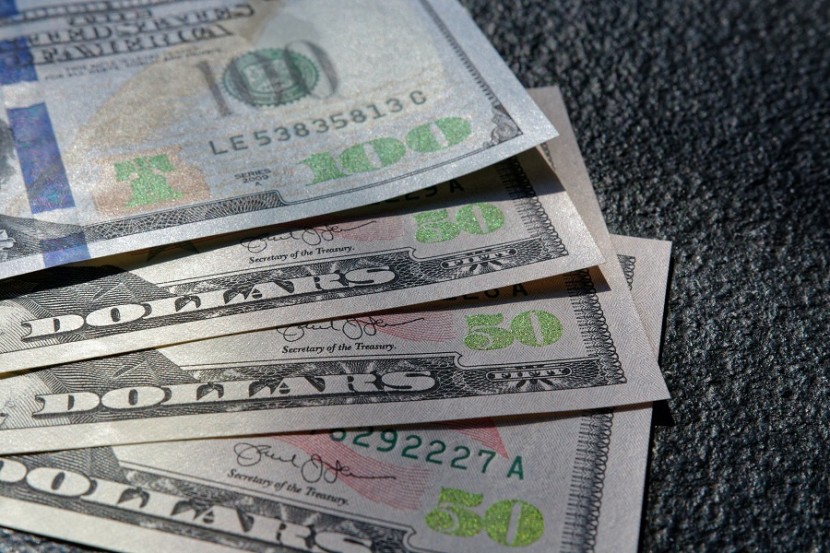
The Internal Revenue Service (IRS) announced that Americans who overpaid their taxes on unemployment benefits collected last year would receive refunds this week. The American Rescue Plan, a $1.9 trillion coronavirus stimulus package signed into law by President Joe Biden in March, exempts people with less than $150,000 per year from paying federal income taxes on up to $10,200 in 2020 unemployment insurance payments.
Up to ten million Americans overpaid their taxes, said the IRS. Many of these taxpayers are probably owed a rebate from the IRS as they presumably released their returns before signing Biden's stimulus bill on March 11. To refund the taxes, the IRS advised people not to submit a new tax return.
Per Fox Business, the recalculation will be done in two steps. It is starting with individual taxpayers who are qualifying for the $10,200 exclusion. It will also measure the latest rebate for married couples who qualify for the $20,400 exclusion and other more complicated returns.
If your family paid less than $150,000 last year, you are eligible for a tax refund regardless of filing status. Workers will remove the aid by determining their amended adjusted gross income (AGI). But anyone who made $140,000 last year and received $10,200 in unemployment benefits is only eligible for the tax break.
The exemption shall apply this tax filing season which started February 12 and ended May 17. The IRS cautioned that the federal government would strip away its refunds to cover unpaid childcare or student loans from specific debt households. The excess refunds will be used to finance past federal taxes, state income tax, government unemployment benefit payments, child care, spousal support, or some other federal non-tax debt and are subject to regular offset law, per the agency.
Things to know about the IRS unemployment tax refund
Now that unemployment refunds are available to taxpayers who paid taxes before they filed, here's what you should be aware of, as per CNET:
- The IRS can automatically give a check if it decides that you are eligible to receive a refund on the break.
- The tax break applies to those with annual total revenue of less than $150,000.
- Refunds began on May 10 and would continue until summer, when the IRS assessed tax returns.
- The IRS is carrying out two stages of recalculations, starting for those qualifying for a tax break of up to $10,200. It then adjusts returns for married taxpayers qualifying for a tax benefit of up to $20,400.
- To seek exemption, you don't have to submit an amended return.
- If you provide your 2020 tax return with bank account details, refunds will be made as a direct deposit. But it is also possible that the refund will be mailed as a paper check to the IRS address on hand.
- In 30 days period, the IRS will give you a notice outlining the corrections.
- You will not be able to monitor your refund progress through the Get My Payment Tracker IRS, My Return Tool, the Amended Return Status Tool, or another IRS portal.
When will the IRS return the unemployment tax refunds?
The tax filing period in the US expired, and millions of people, including the unemployed, are now waiting for their refund, AS.com reported. Congress approved the American Rescue Plan in March, which altered the taxation of unemployment benefits. The bill contained the "exclusion in unemployment benefits of up to $10,200 for people for the taxable year 2020" to help households who have had their earnings decrease in the previous year.
According to the IRS website, one's AGI must be less than $150,000 to qualify. This limit is the same for all filing statuses, and it would not increase to $300,000 if you are married and file a joint return."
Related Article: IRS to Send 'Plus-Up' Stimulus Payments to Taxpayers This Week
@YouTube
© 2026 HNGN, All rights reserved. Do not reproduce without permission.








